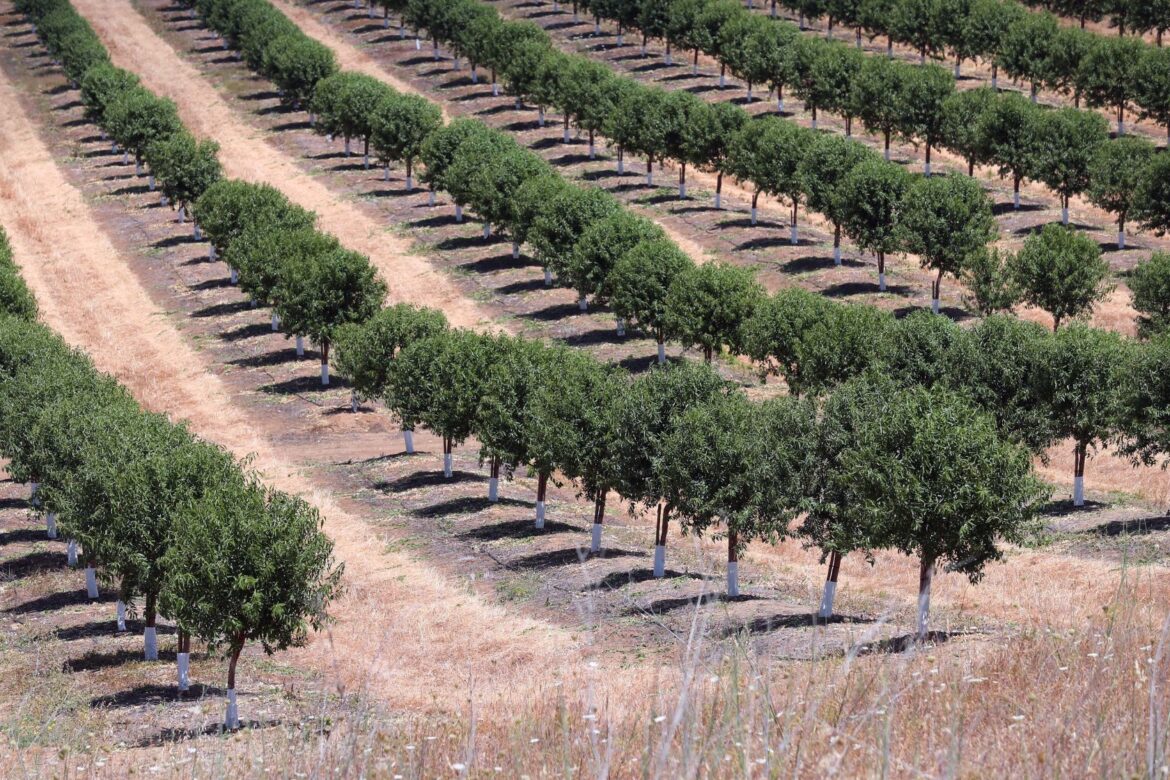In a statement, Olivum – the Portuguese Association of Olive Growers and Mills, based in Beja, indicated that its forecasts, at the beginning of the 2025/2026 olive oil campaign, “indicate that national olive oil production should be between 160,000 and 170,000 tons.”
This is “a value close to that recorded in the previous harvest,” said the association, which represents more than 53,000 hectares of olive groves in the country, 21 mills, and approximately 70% of national olive oil production.
In the previous harvest, Olivum’s estimates in October were that national production would be “between 170,000 and 180,000” tons of olive oil. In January of this year, its executive director, Susana Sassetti, told the Lusa news agency that the country would produce around 170,000 tons.
In the statement, the organization also indicated that its member mills expect to receive “approximately 850 million kilograms of olives, which should produce approximately 115,000 tons of olive oil,” a volume that “indicates values in line with the last harvest, possibly with a slight reduction.”
“Given the influence of our members in the sector, we anticipate a slight decline in national production for the current harvest,” emphasized Olivum’s executive director.
According to Susana Sassetti, even though this is a “harvest year with new plantations coming into production, the effects of adverse weather conditions and extreme events could again affect yields, as happened last year.”
Optimism
But the director, who, in a statement to Lusa, reported today that the olive harvesting campaign “started at the beginning of this month and mills are already beginning processing,” expressed optimism on the part of the association.
“We remain confident in the quality of Portuguese olive oil and believe that production will continue to grow in the coming years, as a result of the entry into production of new olive groves,” she said, emphasizing that “Portugal thus maintains its position among the world’s largest producers.”
Olivum also stated that it is “strongly committed to monitoring and promoting solutions that help mitigate the effects of climate change and extreme events” and identified 2025 as a year with “special significance.”
This year, the association noted, the Olive Oil Sustainability Program certification will be launched, “which will soon allow the first olive oil certified with a sustainability seal to hit the market,” it reads.
Susana Sassetti, speaking to Lusa, declined to “lift the veil” on the certification of this first olive oil with a sustainability seal, but revealed that “it will probably be launched in November.”


Dining and Cooking